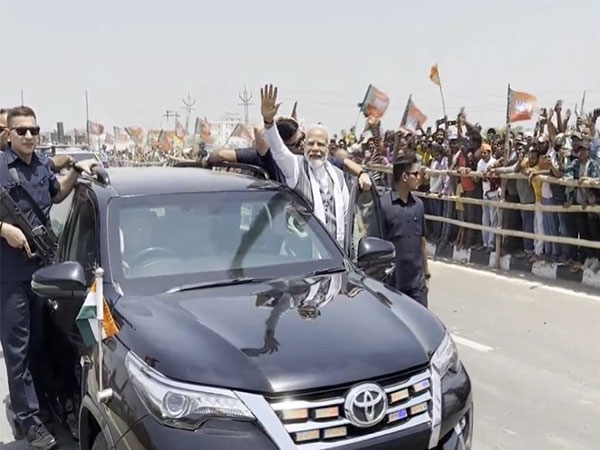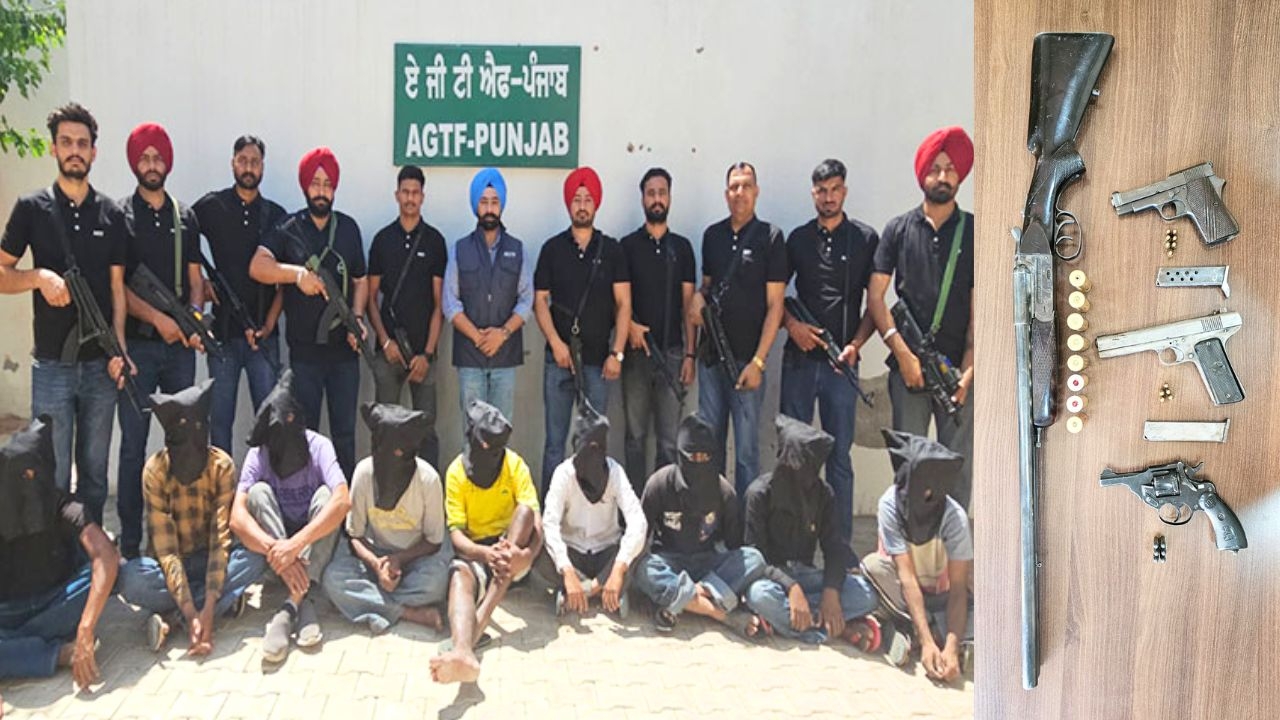How Modi's Bihar defeat will alter the world's view of him
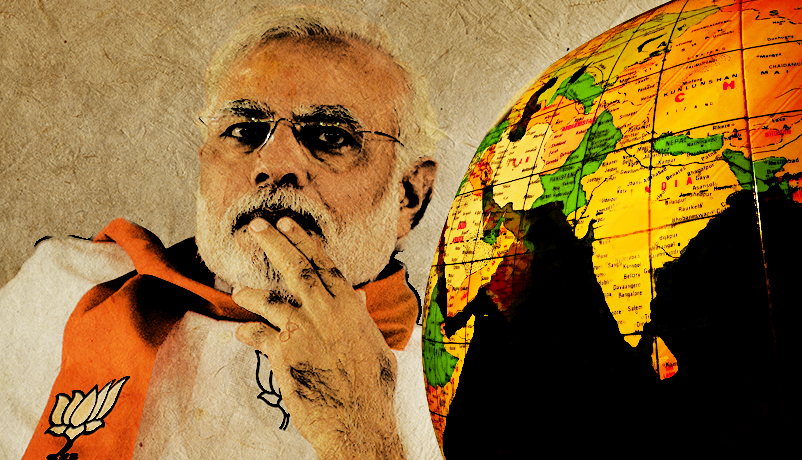
The blame
- In Bihar, the NDA asked for votes in the name of Modi and his policies
- The campaign failed spectacularly, and the world will see this as Modi\'s failure
The impact
- Pitting himself against state-level leaders backfired on Modi
- This might lead to a questioning of his political acumen
More in the story
- How the Bihar result will affect foreign investors and governments
- What Modi needs to do to get business-friendly legislation through Parliament
Undoubtedly, the BJP's massive defeat in Bihar will attract great attention outside India.
Foreign governments, international investors, South Asia observers, the media and the NGO community will closely analyse the election results to assess its impact on Indian politics.
Also read - #BiharResults: 10 factors on which Bihar voted
In particular, Prime Minister Narendra Modi's responses to the defeat will be under continuous scrutiny. Uppermost will be the basic question: does the Bihar defeat mark the beginning of the end of the Modi magic and the return of the normal mode of India's coalition politics?
A defeat for Modi
It is certain that the international community will look upon the defeat as that of Modi alone. Not only did the NDA not project a chief ministerial candidate, it projected only Modi and asked for votes in his name and for his policies.
In the 2014 Lok Sabha election, the Bihar voters, as in many parts of India, voted for Modi. This time around they rejected him. What has happened in the past 18 months that has led to this change?
The international community will not be satisfied with the viewpoint that state and central elections are contested on different issues and different considerations weigh with the voters.
Questions will be raised as to why Modi chose once again the dangerous path of pitting himself against a group of state leaders, especially Nitish Kumar, who are in no way his equals on the national scene.
The same questions had arisen in the Delhi polls, but now they will come up with greater insistence. Modi's political acumen, which till now had greatly impressed his international peers, will now be questioned.
It is no secret that Modi's rise has sidelined many eminent national leaders within the BJP. Foreign governments will, in particular, closely observe developments within the BJP.
Will the old established leaders raise their voices against, if not Modi, then his closest confidant, BJP president Amit Shah? These questions will be insistently asked, especially by the Delhi-based foreign diplomatic corps.
Social harmony
More importantly, foreign governments and international NGOs will focus on Modi's social agenda. He will be reminded, perhaps obliquely, that India can only progress in an atmosphere of social harmony, in which all sections and communities of Indian society feel safe.
In this context, the manner in which he will now deal with the more assertive and vocal elements of the Sangh Parivar will be closely observed.
If Modi is more forthright in his espousal of social peace and directly condemns those who make communal and sectarian comments, international observers will feel that he is undertaking a course correction. If, however, Modi hedges on this score, there will be disappointment abroad.
Also read - Congratulations Nitish Kumar! But here's what we'll be watching you for.
Can India be more business-friendly?
International business has been generally happy with Modi's more open policies. Some feel that he has genuinely endeavoured and succeeded in bringing in greater transparency and effectiveness in the award of major business contracts.
This is naturally pertaining to areas such as defence and the railways, that are directly under the Central government.
As long as Modi persists with the present policy in the award of these major projects, leading Fortune 500 companies, who see opportunities in India, will continue to be satisfied.
There is, however, a sense that not much is changing on the ground where the state and local governments are involved. Modi's failure in Bihar will strengthen those in the international business community who feel that India cannot really change.
The international community will see the loss as Modi's alone. The NDA asked for votes in his name
This is a serious issue because the major flow of investments requires a sense that all of India is becoming conducive for economic activities.
More immediately, the focus, especially of South Asia observers, will be on the coming Parliament session. The paralysis in the Rajya Sabha during the previous session had led to Modi's inability to push his economic legislative agenda.
In this, the GST Bill is of particular importance. How will Modi tackle this? Will he reach out to the Opposition to ensure that the GST Bill is passed? Or will Modi show, as he has done in the past, a disdain for those who have opposed his economic agenda?
Foreign support
On 12 November, Modi will go abroad for an official visit to Britain and for the G20 summit in Turkey. The Bihar defeat will not impair his ability to conduct business with his international peers, for his Lok Sabha majority is, and will remain, intact.
Besides, on many international issues such as climate change, the Prime Minister, whatever be his political standing, speaks on behalf of India. However, the awe he inspired will be somewhat diminished.
As in New York and San Jose, the BJP will pull out all stops to ensure that Modi's interaction with the Indian community is a spectacular event, at which notable local political leaders are present.
While the Bihar poll is unlikely to dent the support for Modi among the NRI and PIO faithful, the local leaders will certainly have questions about the Bihar defeat. That is in itself a setback for Modi.
READ MORE - #BiharResults: what Nitish-Lalu victory means. And why it matters beyond Bihar
Bihar verdict: the idea of India is at stake
First published: 8 November 2015, 5:14 IST
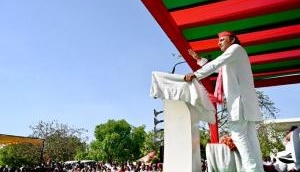
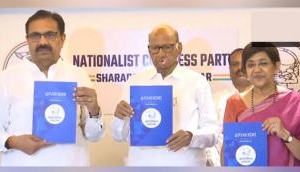
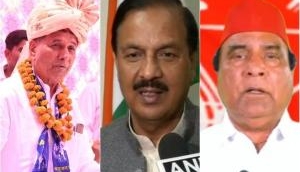
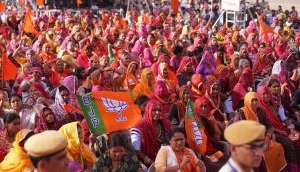

![BJP's Kapil Mishra recreates Shankar Mahadevan’s ‘Breathless’ song to highlight Delhi pollution [WATCH] BJP's Kapil Mishra recreates Shankar Mahadevan’s ‘Breathless’ song to highlight Delhi pollution [WATCH]](http://images.catchnews.com/upload/2022/11/03/kapil-mishra_240884_300x172.png)

![Anupam Kher shares pictures of his toned body on 67th birthday [MUST SEE] Anupam Kher shares pictures of his toned body on 67th birthday [MUST SEE]](http://images.catchnews.com/upload/2022/03/07/Anupam_kher_231145_300x172.jpg)



